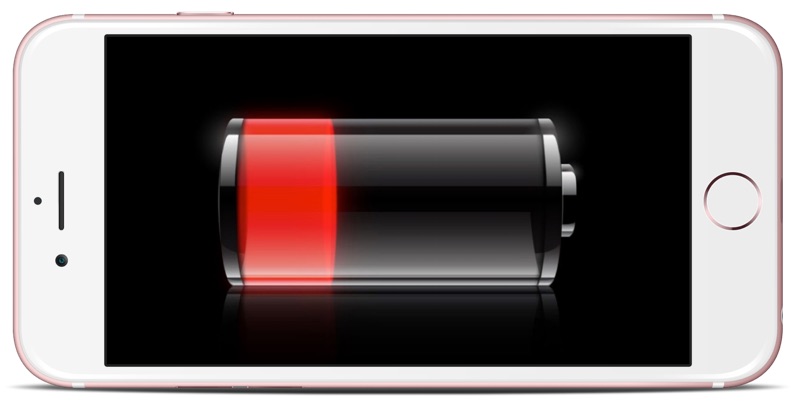A European consumer group has filed class-action lawsuits against Apple in four European countries. The lawsuits were filed for “unfair and misleading commercial practices” related to Apple’s iPhone performance management system (throttling) Apple introduced in the iOS 10.2.1 update without informing users.
Euroconsumer’s claims cover some three million iPhone 6, iPhone 7, and iPhone SE models sold in Belgium, Italy, Portugal, and Spain between 2014 and 2020.
In a press release on Wednesday, the group, which describes itself as the “world’s leading consumer cluster organization,” stated:
The lawsuits cover owners of iPhone 6, 6 Plus, 6S and 6S Plus and alleges Apple engaged in unfair and misleading commercial practices. The lawsuits ask for compensation of on average at least 60 euro for each affected consumer in Belgium and Spain.
The lawsuits allege that the system introduced via iOS update in order to preserve battery life amount to “planned obsolescence.”
The lawsuits stem from a “performance management system” Apple included in iOS 10.2.1 with no mention of the feature in the updates release notes. In a statement a month later, Apple mentioned only “improvements” that resulted in significantly fewer unexpected iPhone shutdowns.
The iPhone maker only revealed what the “improvements” consisted of when it was discovered that some iPhone 6s and iPhone 7 devices scored lower on benchmarks after installing the iOS updates.
The performance management system has been disabled by default since iOS 11.3 and is only enabled if the device suffers an unexpected shutdown. The feature can also be manually toggled by users.
Once the throttling was discovered, Apple apologized and offered a $29 battery replacement program for the older iPhones. A new battery fixes the issue that led to device shutdowns.
In March 2020, Apple agreed to pay up to $500 million to settle a long-running United States-based lawsuit that also accused the Cupertino firm of “secretly throttling” older iPhones.


